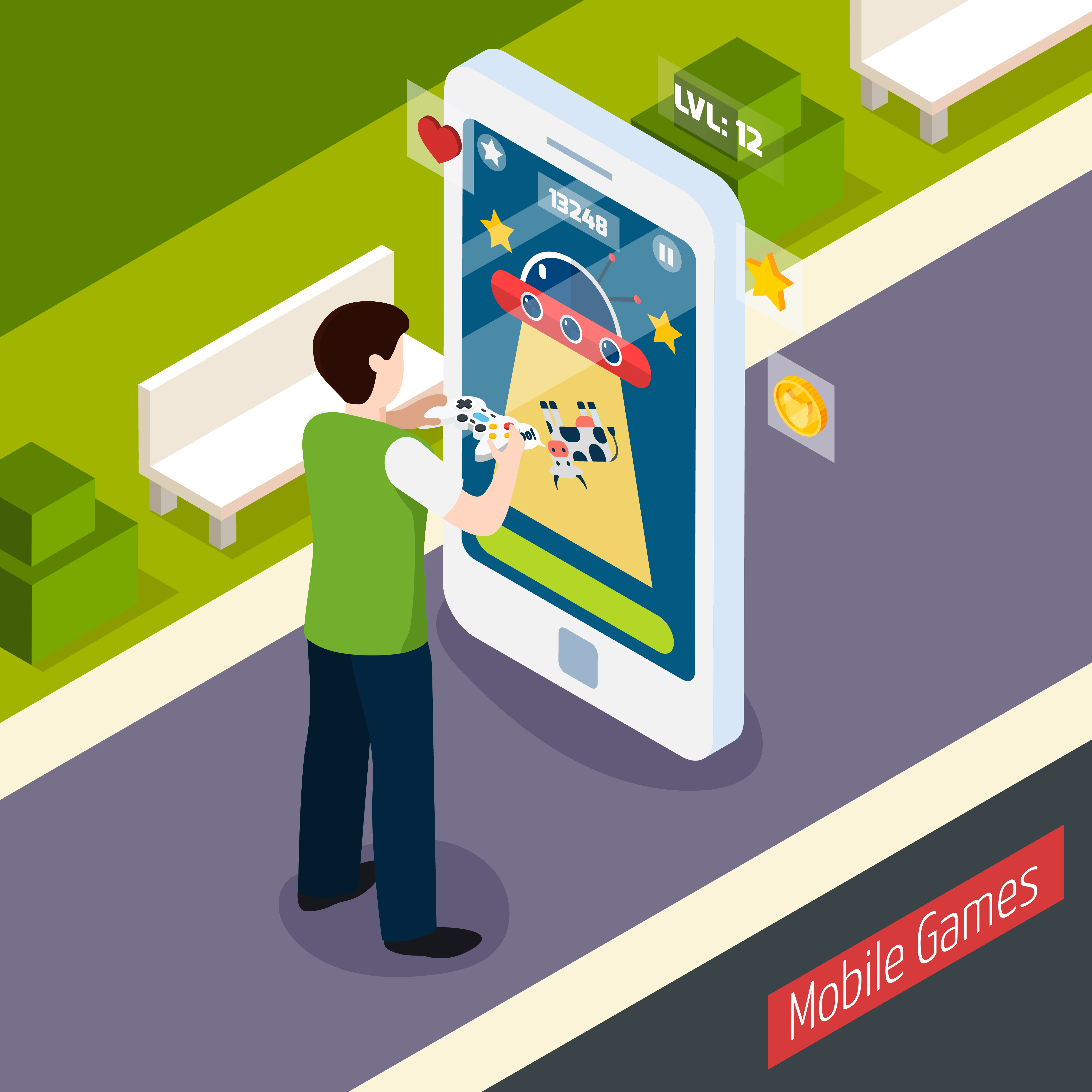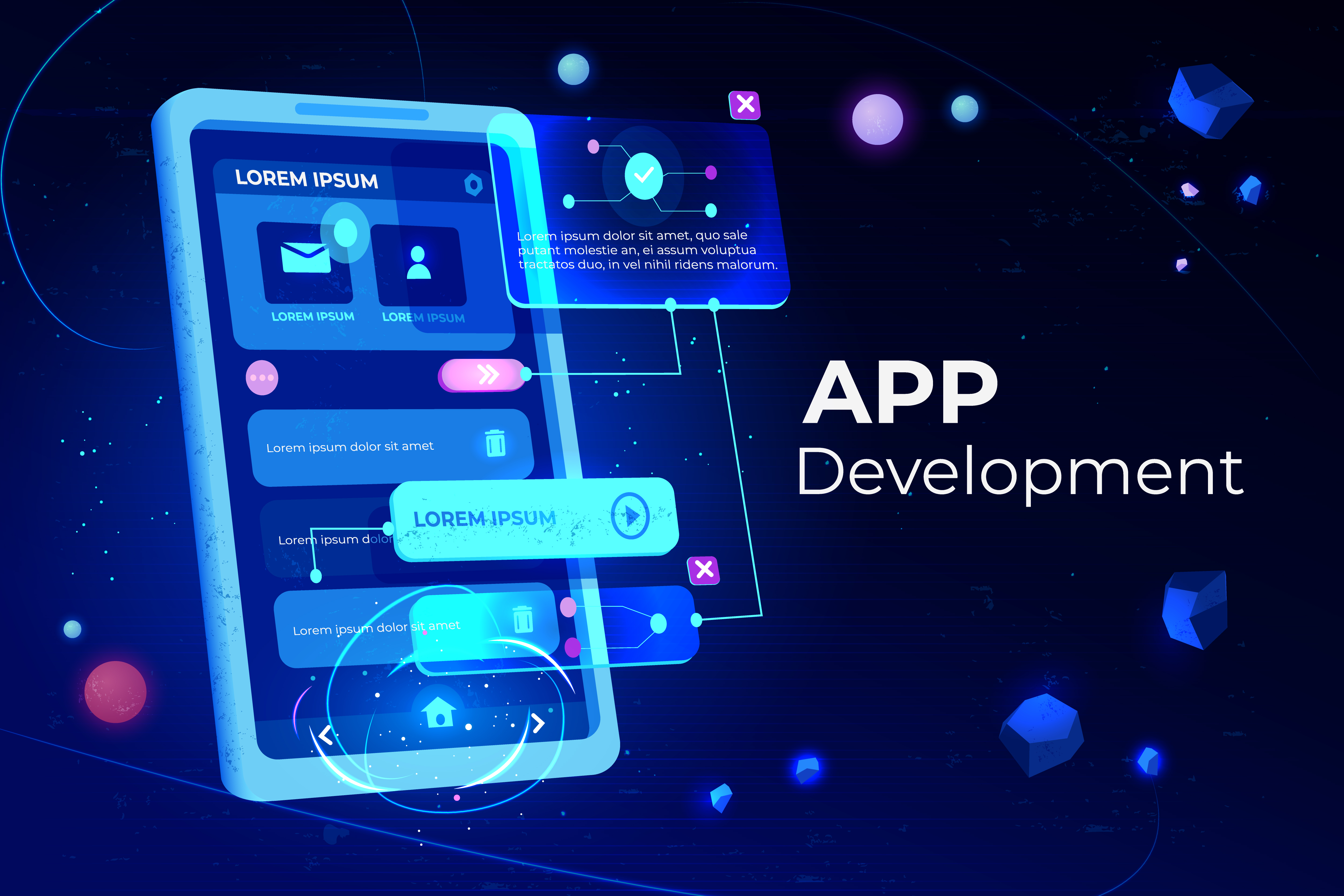Mastering the Digital Board: A Comprehensive Guide to Ludo Game Development.
Ludo, the timeless game that has survived the test of time and is now sitting next to your smartphone or comfortably on your tablet, is widely accepted by both the local and wide player base with its ultimate simplicity and ease of playing. However, the Ludo game development industry is experiencing an extraordinary current level of creativity and innovation, while the emergence of a new era of digital board gaming is expected with technological changes that are on the rise. This complete guide will take you through the subtle yet tricky aspects of game design, exploring its history and gameplay, and giving you an idea of what creating the virtual Ludo may be like in the end.
Understanding the Essence of Ludo:
The essence of Ludo: A way to Humanize a given sentence.
If one is to achieve the objective of the technical implementation of the Ludo game in a peaceful way, it is necessary to have the meaning and sense of it. Ludo is known to have evolved out of the ancient Indian board game ‘Pachisi’ which is a mixture of luck and skill in which the players use strategy to guide their pawns towards home. The objective is simple: race all characters of your players until you bring all of them to the center while keeping your opponents from reaching it. But first, this is its simplicity that creates a lot of strategic opportunities, and this might be the reason why this game has such a long-lasting attraction for players.
The Evolution of Ludo:
From its humble origins in ancient India to its modern incarnation as a digital game, Ludo has undergone a remarkable evolution over the centuries. Initially played on handcrafted boards with dice made from natural materials, Ludo has adapted to various mediums, including cardboard, plastic, and now, pixels. With the advent of computers and mobile devices, Ludo has made a seamless transition to the digital realm, offering players the convenience of playing anytime, anywhere, with friends and strangers alike.The Mechanics of Ludo:
At its core, Ludo is a game of chance and strategy, where players must navigate their tokens around the board while avoiding obstacles and opponents' tokens. The game is typically played on a square board divided into four quadrants, each with its starting area and path to the centre. Players take turns rolling a die and moving their tokens accordingly, to reach the centre before their opponents. Along the way, players must strategically position their tokens to block their opponents' progress while advancing their own.Ludo Game Development Process:
Making a game clone of Ludo takes into consideration strategic planning, creativity, and technical skills. The game development process typically follows several key steps:The game development process typically follows several key steps:
1. Conceptualization: The team start by listing, follow through with some ideas and thoughts of the game, with some factors such as the target audience, platform and the selected features. This is where one begins to form a vision for the game and come up with the underlying core mechanics and game play elements.
2. Prototyping: After the idea has been developed, a group creates game prototype to check the viability of mechanics and gameplay. This may be the constructing of a kind of a simple game incorporating basic graphics and functionality for the early testing purposes.
3. Design and Artwork: Having the mechanics settled the team turns to creating the game appearance that encompasses the board layout, the tokens, and the User interface. This is the phase where the team finds and crafts the graphics and assets that effectively convey the information and also make sure that user experience does not break.
4. Programming: The programming phase includes programming of fundamental gameplay features, AI algorithms, and multiplayer online capabilities. Programming languages like C++, Java and Unity are among those that you will likely need to use to create a game, depending on the technology and tools you choose.
5. Testing and Iteration: After the game has been built it is subjected to multiple testing to remove any bugs and bug fixes. This could consist of targeted internal testing among the development team as well as external testing by the beta group comprising a limited number of players. Evaluation results are continuously applied for correction and fine tuning of the game to ensure quality.
6. Launch and Marketing: Eventually, the game is released, and the development team goes on to marketing and promotion efforts in order to get players to play. This would comprise of adverting materials creation, contacting influencers and gaming communities, and the use of social media and other platforms to create hype for the game.
Challenges and Considerations in Ludo Game Development:
While creating a digital version of Ludo offers numerous opportunities for creativity and innovation, it also presents its own set of challenges and considerations: While creating a digital version of Ludo offers numerous opportunities for creativity and innovation, it also presents its own set of challenges and considerations:1. Balancing Luck and Skill: While developing a Ludo game, the biggest challenge is to be left with neither luck nor skill in excess. The game incorporates randomness just as a fundamental feature of it, however, developers should focus on keeping the player’s skill as an essential element in determining the outcome of the game.
2. AI Development: How to build a smart AI opponent that will give the player a nice and interesting gameplay is an issue that also needs to be considered by the Ludo game developers as well. Here, tools are built that use AI algorithms meant to mimic human decision-making with the added requirement of the game’s rules and mechanics.
3. Multiplayer Functionality: Implementation of multiplayer online functionality is a careful and thorough process that should be planned well to warrant smooth and uninterrupted gameplay experiences. This will include the incorporation of matching protocols, communication systems, and server infrastructure for server-side real-time multiplayer interactions.
4. User Interface and Experience: Developing an intuitive and easy-to-use interface is one of the most important things that will help you have players attracted and stay. Developers need to keep in mind that they should design interfaces that are easy to navigate and understand whether the player is basic level or familiar or unfamiliar with the game.
5. Platform Compatibility: As the expansion of gaming gadgets and platforms takes place rapidly, developers should consider the compatibility of all devices and operating systems. Therefore, this may be about the development of the game for mobile, desktop, and console platforms, and also making sure the game works on various screens and different resolutions.
Future Trends in Ludo Game Development:
As technology continues to evolve, the future of Ludo game development holds exciting possibilities. Emerging technologies such as augmented reality (AR), virtual reality (VR), and blockchain offer new avenues for innovation and creativity in Ludo game design. AR and VR technologies can provide immersive and interactive gameplay experiences, allowing players to physically interact with the game world in new and exciting ways. Meanwhile, blockchain technology offers opportunities for decentralized gaming platforms and digital asset ownership, enabling players to trade and monetize in-game assets securely.Conclusion:
Ludo game development is a complex and multifaceted process that requires a blend of creativity, technical expertise, and strategic thinking. From its humble origins as a traditional board game to its modern incarnation as a digital phenomenon, Ludo has captured the hearts and minds of players around the world. By understanding the history, mechanics, and development process of Ludo, developers can create compelling and engaging experiences that continue to push the boundaries of digital gaming. As technology continues to evolve, the future of Ludo game development holds endless possibilities, promising innovations and experiences for players to enjoy for years to come.
Hybridplus is one of the trusted Ludo Game Development company in Jaipur offering complete end to end solution for developing Ludo Games at affordable prices.






